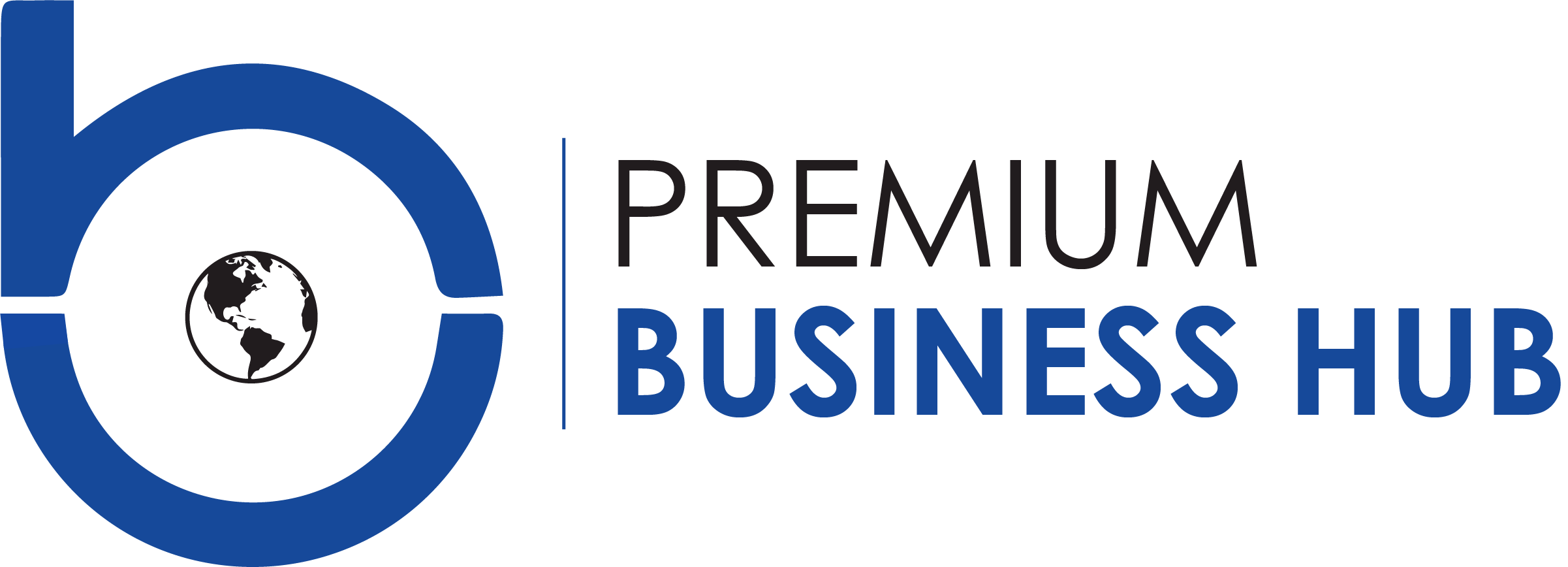How Anti-Fouling Agents Improve Efficiency in Polymer Production Processes

In the highly competitive polymer manufacturing industry, optimizing production efficiency is critical to maintaining profitability and meeting increasing market demands. One of the significant challenges faced by polymer producers is fouling — the unwanted accumulation of materials on equipment surfaces during the production process. Fouling leads to operational inefficiencies, increased maintenance costs, and compromised product quality. This is where anti-fouling agents play a vital role in enhancing polymer production processes.
Understanding Fouling in Polymer Production
Fouling refers to the deposition of unwanted solid materials on the surfaces of equipment such as reactors, heat exchangers, pipelines, and mixers involved in polymer production. During polymerization reactions and subsequent processing, residues such as polymer build-up, catalysts, and additives can accumulate. This build-up disrupts heat transfer, reduces flow rates, and can cause blockages or damage to machinery. Ultimately, fouling negatively impacts the consistency and quality of the polymer product.
The economic consequences of fouling are significant. Increased downtime for cleaning and maintenance interrupts production schedules and raises operational costs. Additionally, fouling can result in energy inefficiency due to impaired heat exchange and increased pressure drops across equipment. To combat these issues, the implementation of anti-fouling agents has become a standard practice in modern polymer production.
Role of Anti-Fouling Agents in Enhancing Production
Anti-fouling agents are specialized chemical additives formulated to prevent or reduce the deposition of unwanted materials on equipment surfaces during polymer manufacturing. By modifying surface properties or interfering with the fouling mechanism, these agents help maintain cleaner surfaces and sustain optimal operational conditions.
In polymer production, anti-fouling agents contribute to smoother processing by minimizing polymer adhesion to equipment walls. This reduces the frequency and intensity of cleaning cycles, which in turn lowers maintenance costs and production downtime. Moreover, the presence of an effective anti-fouling agent ensures consistent flow and heat transfer, which are essential for maintaining precise reaction conditions and achieving high-quality polymer output.
Improving Process Efficiency and Product Quality
The efficiency of polymer production is closely tied to the ability to control fouling phenomena. Anti-fouling agents improve the thermal efficiency of equipment by preserving clean heat exchanger surfaces, which are critical for regulating reaction temperatures and polymer viscosity. By maintaining optimal heat transfer, these agents help ensure that the polymerization process proceeds under controlled conditions, reducing defects and improving polymer uniformity.
Furthermore, anti-fouling agents contribute to maintaining steady flow rates in pipelines and reactors, which supports consistent mixing and reaction kinetics. This is essential in processes where precise control over molecular weight distribution and polymer structure is required. The use of anti-fouling agents thus directly impacts the final product’s mechanical properties and overall performance.
Environmental and Economic Benefits
In addition to operational advantages, anti-fouling agents offer environmental benefits by reducing the need for harsh cleaning chemicals and excessive water usage during maintenance. Frequent cleaning operations typically involve chemical solvents that may pose environmental hazards and increase disposal costs. By minimizing fouling, anti-fouling agents help reduce chemical consumption and the environmental footprint of polymer production facilities.
Economically, the deployment of anti-fouling agents represents a cost-effective strategy. Although the initial investment in these chemicals adds to raw material expenses, the overall reduction in downtime, maintenance, and energy consumption leads to substantial cost savings. This balance between upfront cost and long-term operational gains makes anti-fouling agents indispensable in modern polymer manufacturing.
Conclusion
The incorporation of anti-fouling agents into polymer production processes is a key factor in enhancing efficiency, ensuring consistent product quality, and reducing operational costs. By preventing the buildup of fouling materials, these agents maintain equipment performance, improve thermal management, and support stable reaction conditions. Beyond economic benefits, anti-fouling agents also promote environmentally responsible production practices by minimizing the need for intensive cleaning operations. As the polymer industry continues to evolve, the strategic use of anti-fouling agents will remain crucial to achieving sustainable and efficient manufacturing outcomes.




